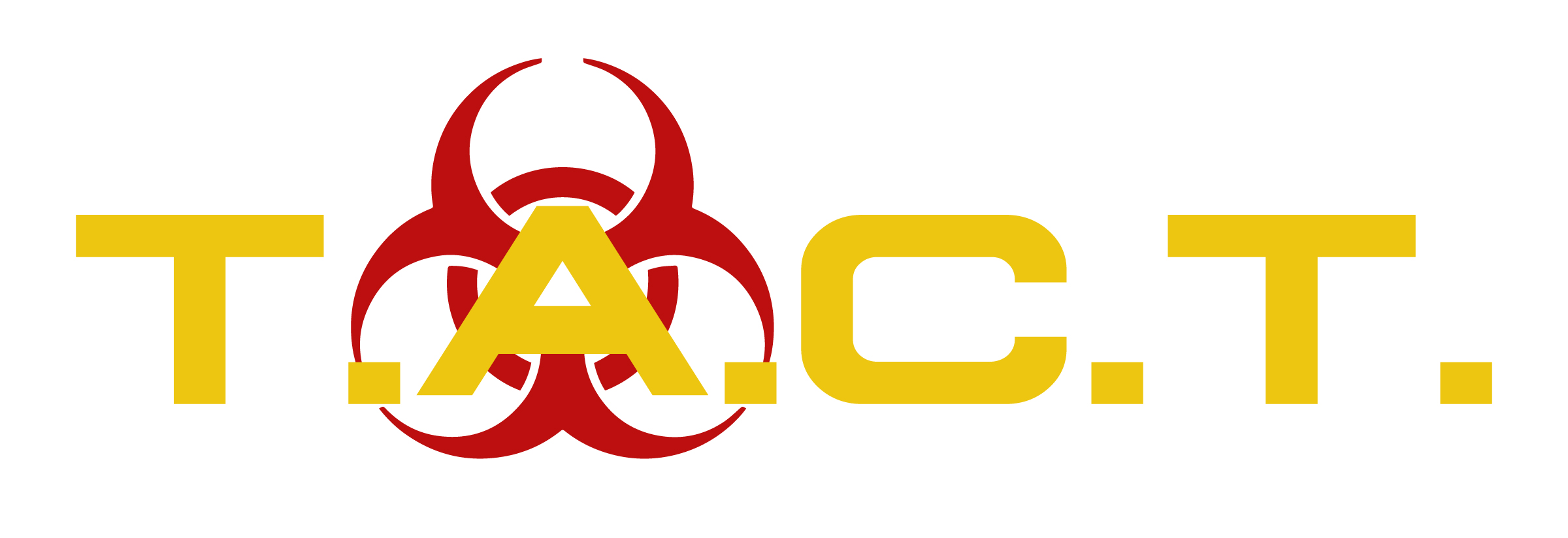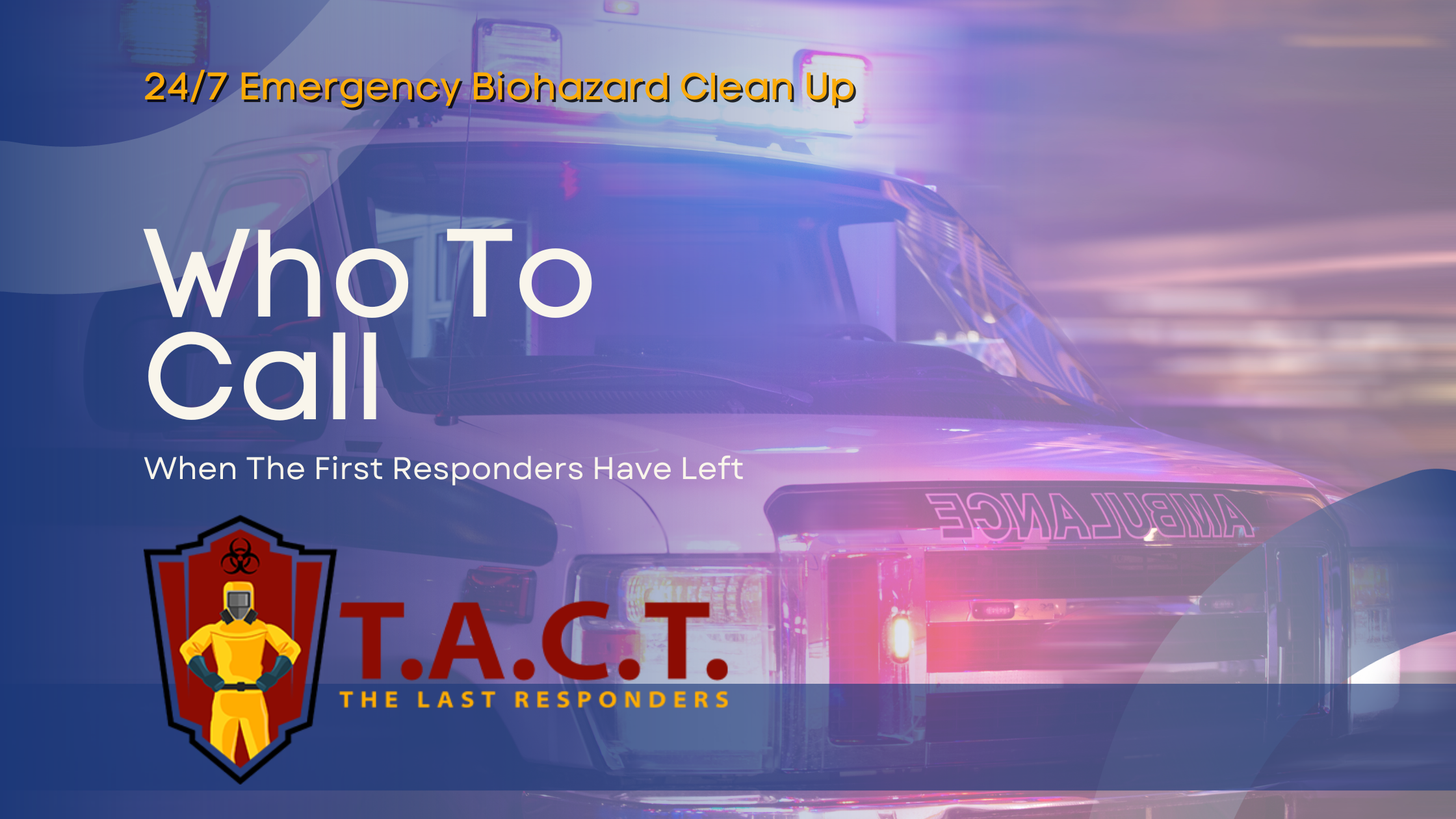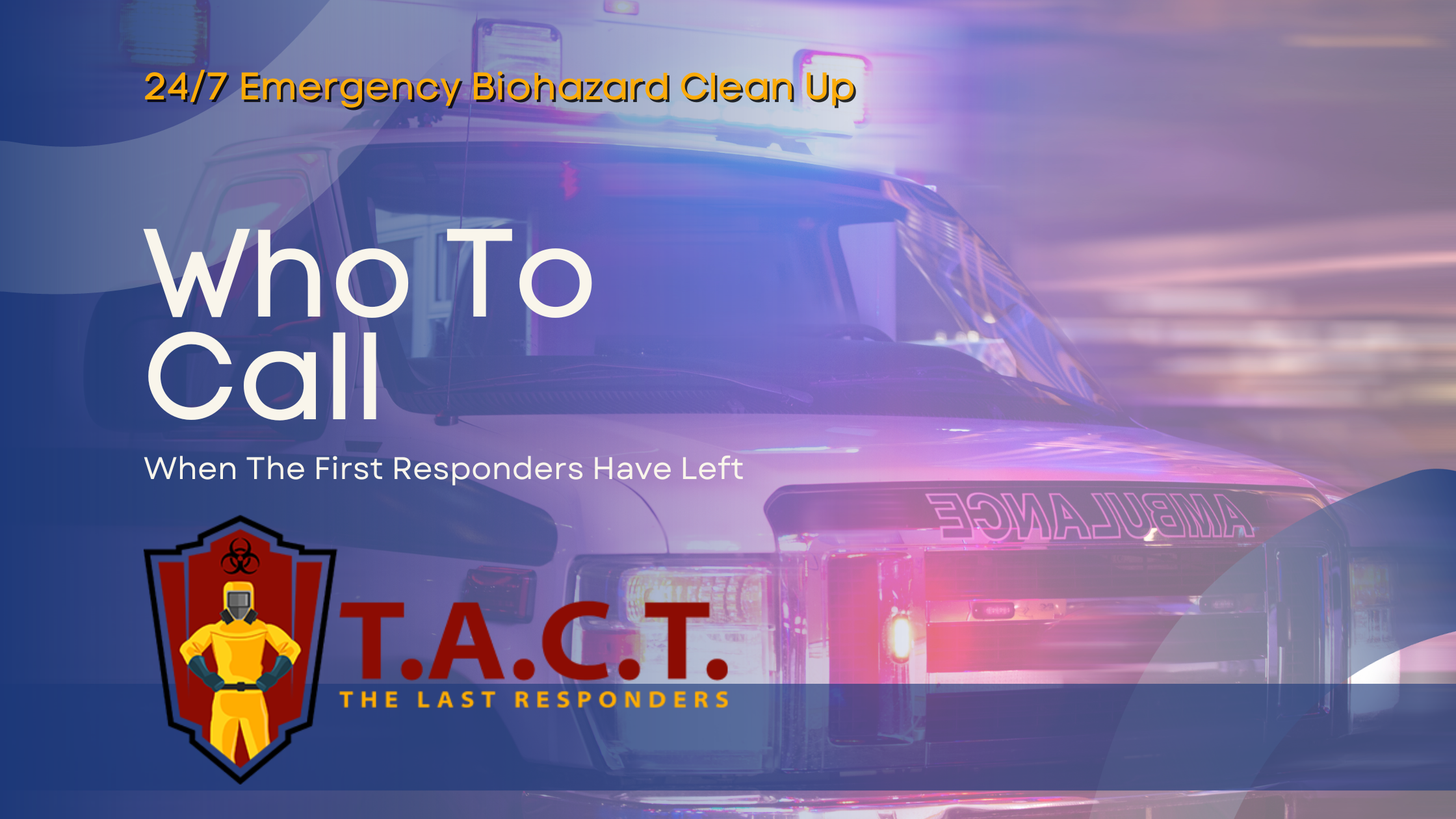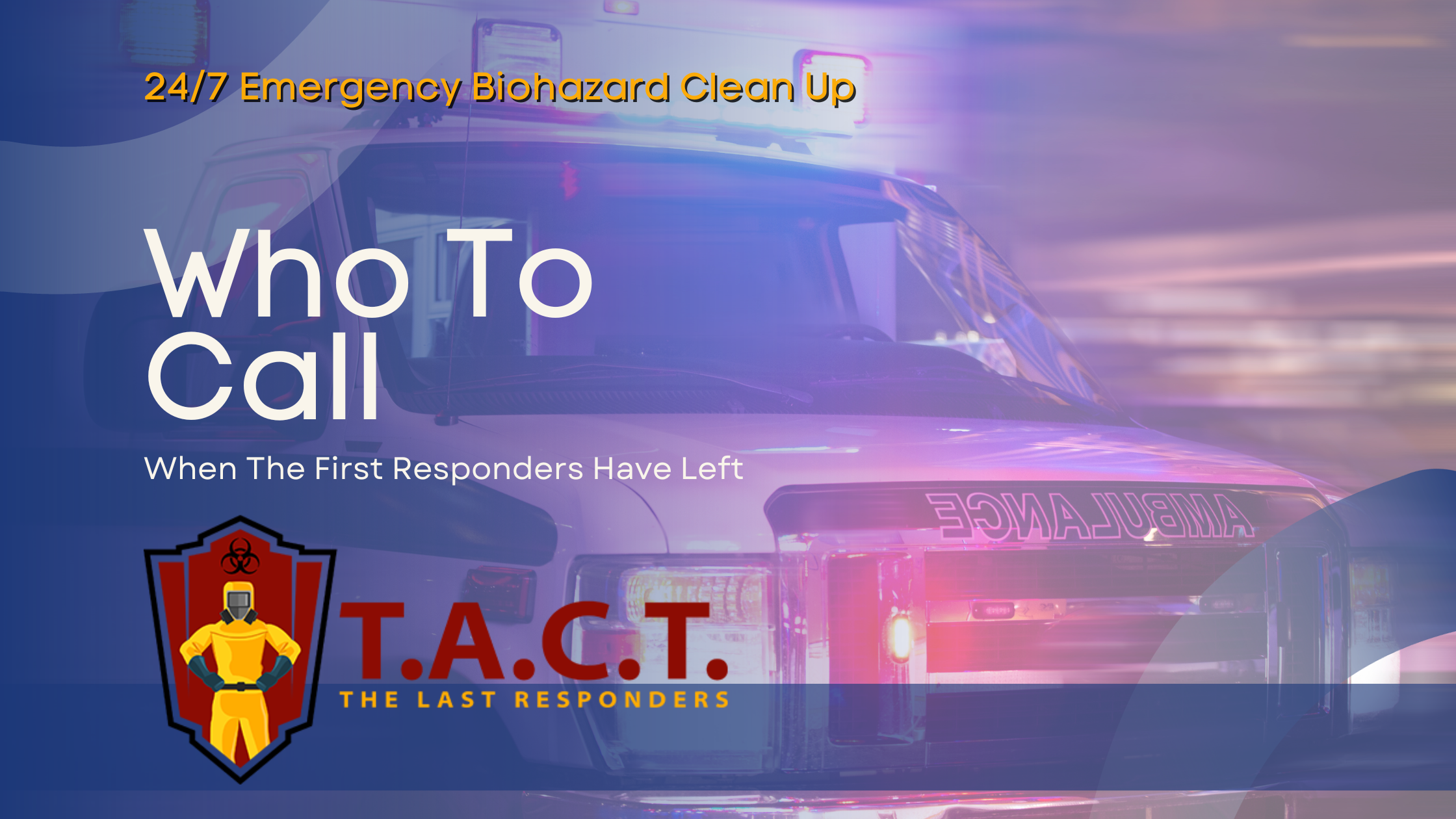Understanding 9/11 Long-Term Health Impacts

Understanding the Long-Term Injuries from 9/11: A Health Perspective
The tragedy of September 11, 2001, profoundly altered the world. The attacks were orchestrated by al qaida and targeted multiple locations, including the Twin Towers, the South Tower, the Pentagon in Washington, and a crash site in Pennsylvania. While the immediate loss of life and destruction—including the collapse of the Twin Towers and South Tower—at the World Trade Center (WTC) have been widely documented, the long-term health impacts on the survivors, rescue workers, and Lower Manhattan residents represent another, quieter ongoing crisis. The effects of 9/11 expanded beyond the day itself, leaving physical and emotional scars that continue to shape the lives of many.
This blog post explores the long-term health consequences of the events of 9/11, highlighting programs such as the World Trade Center Health Program, the physical and mental health conditions associated with the tragedy, and the ongoing support available to individuals affected by these events.
The 9/11 Health Impacts
It is impossible to ignore the lasting health toll on the thousands of individuals exposed to the toxic environment at Ground Zero. The physical and emotional effects continue to manifest themselves in a large portion of responders, survivors, rescue workers, and Lower Manhattan residents, as well as downtown residents and area workers, reinforcing the far-reaching consequences of the attacks.
Many of these individuals have developed chronic illness as a result of their exposure.
Physical Exposure and Toxic Risks
When the World Trade Center collapsed, it released an enormous dust cloud filled with hazardous materials, including asbestos, lead, and other toxic substances. Prolonged exposure to these elements caused significant damage to the respiratory and digestive systems, leading to a range of digestive disorders, of those present at the site. Many have since developed chronic conditions, such as asthma, chronic obstructive pulmonary disease (COPD), or upper digestive tract disorders.
The Mental Health Burden
The psychological effects of 9/11 are equally devastating. The mental health impact of the attacks has been profound and long-lasting. Post-traumatic stress disorder (PTSD), anxiety, depression, and ongoing mental health issues have affected not only the first responders and residents but also the general public, particularly those with direct ties to the tragedy. The emotional repercussions serve as a grim reminder of the chaos and uncertainty of that day.
A Nationwide Response
Understanding the scope of these health challenges, public health organizations, including the National Institute for Occupational Safety and Health (NIOSH) under the Centers for Disease Control and Prevention (CDC), have implemented support systems to help affected individuals. Medical providers across the country have played a key role in diagnosing and treating 9/11-related health conditions.
The World Trade Center Health Program
The establishment of the World Trade Center Health Program marked a pivotal moment in addressing 9/11-related health concerns. Administered by NIOSH, this federal program provides comprehensive medical monitoring and treatment for individuals impacted by the tragedy. The program has become a cornerstone of health care for those affected by 9/11.
Key Services Offered
Medical Monitoring: Focused screening programs help identify the early onset of conditions like respiratory disorders or cancers linked to toxic exposure.
Treatment Access: The program ensures victims have access to specialized healthcare providers for physical and mental conditions caused by the events of 9/11.
Mental Health Support: Dedicated resources offer therapy and counseling services to tackle PTSD, depression, and other emotional challenges.
Eligibility and Funding
Eligible individuals include rescue and recovery workers, construction workers, nearby residents, including those living or working south of Canal Street, and even some volunteers who assisted after the attacks. Federal funding ensures that the program remains a long-term resource, underscoring its importance in sustaining health coverage for these individuals.
Addressing Mental Health Conditions
The Psychological Impact
Trauma from the 9/11 attacks is not confined to physical ailments. First responders, survivors, and residents alike faced overwhelming scenes of devastation, leaving lasting marks on their mental well-being. PTSD remains one of the most common diagnoses, with symptoms including flashbacks, insomnia, and heightened emotional distress.
Studies indicate that depression and generalized anxiety are also rampant among those exposed to the events of 9/11. The enormity of the attack, combined with ongoing health challenges, often exacerbates these mental health issues.
Support Networks and Resources
Recognizing the gravity of these issues, the WTC Health Program offers counseling services tailored to the unique needs of 9/11 survivors. Therapies include both individual counseling and group support sessions, designed to help individuals rebuild resilience and process trauma in a supportive environment.
Further, programs emphasize the role of family support systems in recovery, offering resources to help family members understand and contribute to the healing process.
Managing Physical Health Conditions
Beyond psychological scars, 9/11 survivors and responders carry the weight of chronic physical conditions triggered by their exposure to hazardous materials.
Respiratory and Aerodigestive Disorders
Conditions such as asthma, COPD, chronic sinusitis, and gastrointestinal reflux disease (GERD) are commonly attributed to inhaling or ingesting airborne particles from the WTC dust cloud.
The WTC Health Program ensures access to specialists and state-of-the-art treatments, empowering those affected to better manage their symptoms and maintain an improved quality of life.
Musculoskeletal Disorders
First responders who worked tirelessly in the aftermath of 9/11 are particularly vulnerable to physical injuries, ranging from back pain to severe musculoskeletal disorders. Heavy lifting, debris removal, and the grueling nature of search and recovery efforts have led to long-term repercussions.
Programs like the Trade Center Health Program offer not just medical treatment but also injury prevention strategies to help mitigate further physical strain.
Toxic Exposure and Cancer Risk
Alarmingly, studies have shown an increased risk of cancer for those involved in the rescue and recovery efforts. The WTC Health Program plays an essential role in monitoring health risks and providing resources for early detection, placing a strong focus on proactive healthcare.
Health Impacts in Lower Manhattan
In the aftermath of the 9/11 terrorist attacks, the health impacts on Lower Manhattan have been both profound and enduring. Residents, office workers, and recovery workers in the area were directly affected by the hazardous environment created by the collapse of the World Trade Center. The WTC Health Program, a limited federal health program administered by the National Institute for Occupational Safety and Health, has played a vital role in addressing these health concerns by offering no-cost medical monitoring and treatment for certified WTC-related health conditions.
Many individuals in Lower Manhattan have developed a range of health conditions, including musculoskeletal disorders from the physical demands of rescue and recovery, as well as digestive and aerodigestive disorders that affect breathing airways and the upper digestive tract. These conditions have been linked to exposure to the dust and debris that blanketed the area following the attacks. The New York City Department of Health and Mental Hygiene has worked alongside the WTC Health Program to provide ongoing support, education, and resources to those impacted, ensuring that office workers, residents, and recovery workers receive the care and attention they need. Through these collaborative efforts, the health and well-being of Lower Manhattan’s community continue to be a priority, even decades after the attacks.
Support for Family Members
The effects of the 9/11 attacks have extended far beyond those who were physically present at the World Trade Center site. Family members of first responders, rescue and recovery workers, and survivors have also faced significant emotional and health challenges as a result of the events. Recognizing this, the WTC Health Program offers comprehensive support for family members, including access to medical treatment, counseling, and mental health services designed to help them cope with the ongoing impact of the attacks.
Federal funding, made possible through the James Zadroga 9/11 Health and Compensation Act, has ensured that family members of those directly affected can receive medical monitoring and treatment at no cost. In addition, organizations such as the 9/11 Memorial & Museum provide resources, support groups, and information about compensation through the Victim Compensation Fund, helping families navigate the complex aftermath of the tragedy. These services are crucial in supporting the recovery and resilience of families, acknowledging their unique needs, and ensuring they are not left behind as the community continues to heal.
The Role of the New York City Department of Health and Mental Hygiene
The New York City Department of Health and Mental Hygiene continues to be a crucial advocate for those affected by 9/11. By launching educational campaigns, survivor outreach initiatives, and public events, the department ensures awareness and access to available health resources. The department has also hosted town hall meetings to engage the community and address health concerns.
Their ongoing partnerships with the CDC and other organizations, such as the Icahn School of Medicine at Mount Sinai, which has been instrumental in research and treatment programs for 9/11-related health issues, reinforce their commitment to addressing both physical and mental health impacts, ensuring survivors and rescue workers feel seen, heard, and supported.
Long-Term Effects of 9/11 Exposure
The long-term effects of exposure to the World Trade Center site have become increasingly apparent as time has passed. Many individuals directly affected by the attacks continue to experience a range of health problems, including respiratory diseases, musculoskeletal disorders, and mental health conditions. The WTC Health Program has been instrumental in documenting these health conditions, providing ongoing medical monitoring and treatment, and supporting those living with the consequences of toxic exposure.
Research supported by the health program has identified links between 9/11 exposure and increased risks of cancer and other serious illnesses. Advanced tools, such as scanning electron microscopes, have been used to analyze dust samples from the site, deepening our understanding of the health risks faced by survivors and recovery workers. The Sencer CDC Museum has partnered with the WTC Health Program to create educational exhibits and materials, raising public awareness about the long-term health impacts of 9/11.
As we mark more than two decades since the attacks, it is clear that the long-term effects of 9/11 exposure will continue to shape the lives of those directly affected. Ongoing support, research, and resources remain essential to help individuals manage their health conditions and maintain their quality of life. The commitment to care and understanding ensures that the legacy of the World Trade Center Health Program endures, providing hope and support for years to come.
Moving Forward With Compassionate Care
The events of 9/11 forever changed the United States, leaving physical and emotional scars on thousands of individuals. As the years have passed, programs like the WTC Health Program and the efforts by health organizations have provided much-needed relief to those still grappling with the aftermath.
While no program can undo the pain endured, the progress made in addressing health challenges highlights what can be achieved when compassion and expertise meet action. For those directly impacted, the program is not just about care but about preserving dignity and hope.
If you or someone you know has been affected by the 9/11 tragedy, consider connecting with the resources available through the WTC Health Program. By doing so, you take an essential step toward recovery and reclaiming health.
Meta Data
Meta Title
Understanding 9/11 Long-Term Health Impacts
Meta Description
Explore the long-term health impacts of 9/11, including mental and physical effects, the impact on school communities, and the role of schools in supporting students affected by the tragedy. Learn how the WTC Health Program supports survivors and responders.



